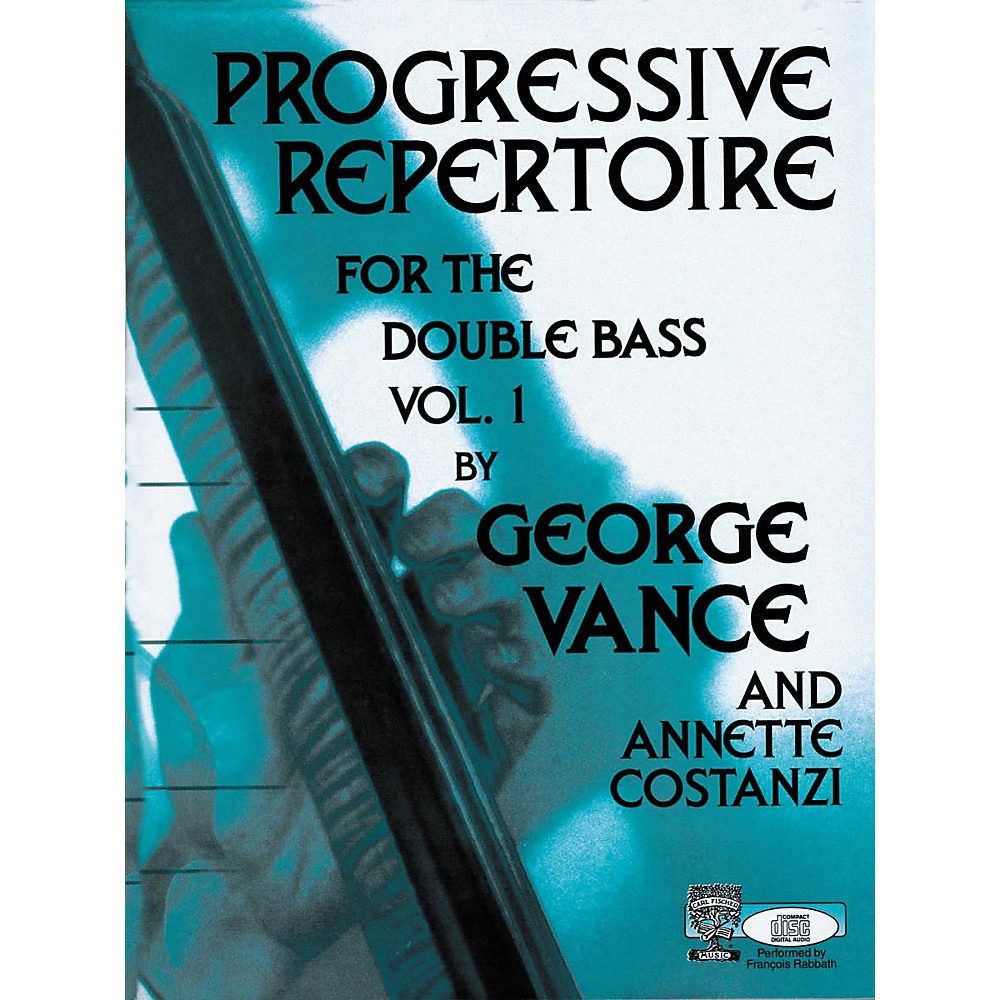What's Your One Thing?
Strength coach Dan John has a question that he uses to help people determine what is the one thing they need to focus on to reaching their goals. He calls it the Prisoner’s Dilemma. The question is, “If, for whatever reason, you were forced into a situation where you could only pursue your goal for three 15-minute periods a week, what would you do?”
Think about that. How would you spend your 15 minutes three times a week to get you toward your musical goals?
Years ago, when I was studying classical guitar, my teacher would were considering the same idea. He would exclaim at every class, “If you only have 10 minutes to practice, I want you to do this one exercise.” To make sure we understood the importance of the exercise, every class would start with that exercise. The exercise was simple - play a chromatic scale on a single string. Once you played the chromatic scale up and down one string, do the same thing on the next string. It was to be played slow while we considered our tone and, most importantly, the shifting of the left hand had to be undetectable.
My teacher would explain that if you only have a few minutes to practice be sure to use that time to maintain your technique. His theory was that technique was the first thing we lose. This simple exercise forces you to focus on technique. By going slow and focusing on tone production, you have to make sure your left and right hand position is correct. To get an undetectable shift, you have to focus on note duration and the speed of the shift. In all honesty, it was not as easy as it looks to play that exercise at the level the teacher expected.
Now that I am playing upright bass, I have wondered what is the most important thing I could do? If I only had 15 minutes to practice, what should I do? Should I play a chromatic scale or something else?
Interesting to note, both George Vance’s Vade Mecum and Simandl’s New Method for the Double Bass include chromatic scale exercises. They are important but I think I would go with a different exercise. I would spend my 15 minutes working on scales with bowing variations. Scales with bowing variation is one of the first exercises in Vance's Vade Mecum and bowing variation are used throughout his Progressive Repertoire for the Double Bass Vol. 1. They are also the subjects of the excellent books by Harold Robinson Strokin' and Boardwalkin'. Those exercises include the key fundamental - intonation, bow, tone, shifting positions, etc. Of course, I would still do the exercise slowly while focusing on tone just as in the classical guitar exercise. That is key to the effectiveness of these types of exercises. It is not a fancy exercise but it is something that hits the fundamentals. As my classical guitar teacher would agree - if you only have 10 minutes to practice then make sure you practice the fundamentals.
So, the question is "If you could only pursue your goal for three 15-minute periods a week, what would you do?” The follow on question is, "If it is so important, are you doing it every day?"
If you are interested in the items mentioned in this article, please support this blog by purchasing through the following link -

Comments
Post a Comment